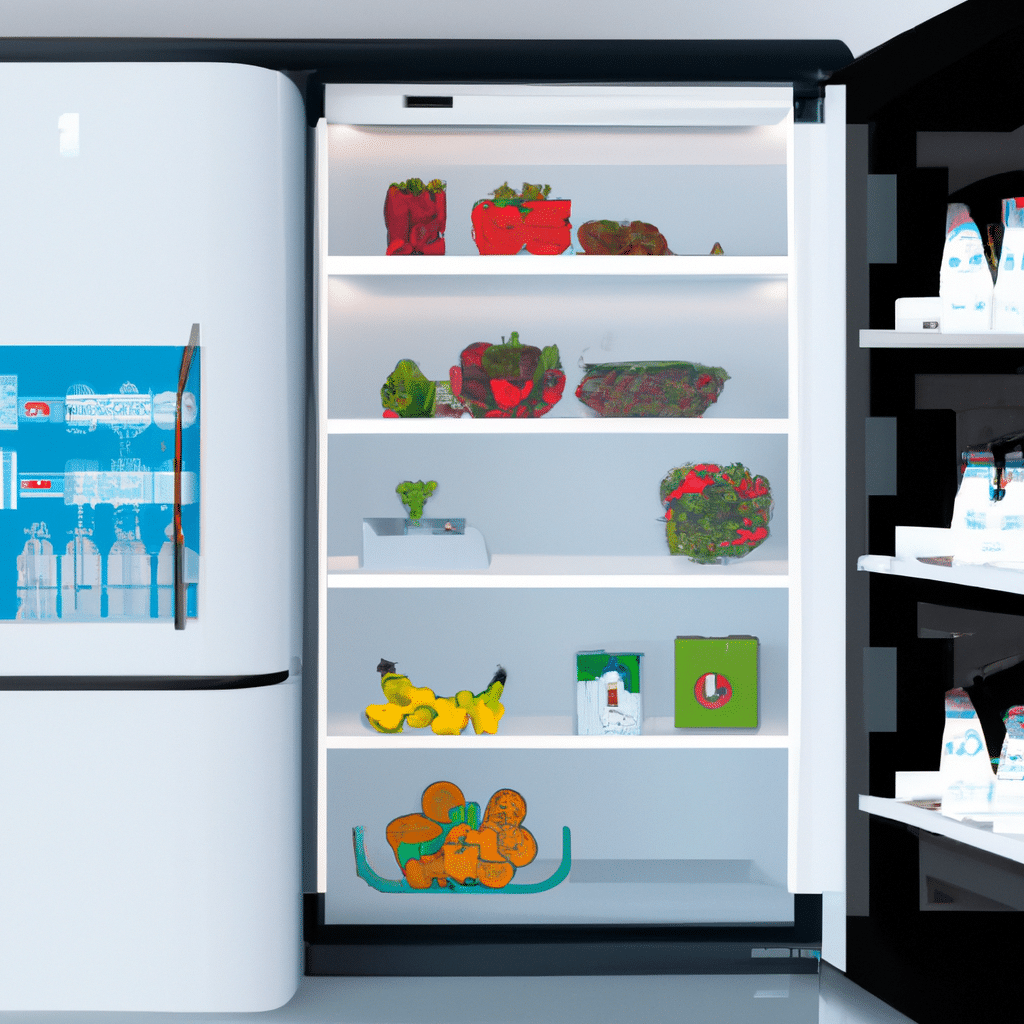The Role of AI in Reducing Food Waste
Food waste is a significant problem worldwide, with an estimated 1.3 billion tons of food wasted each year. This waste not only harms the environment but also leads to economic losses. However, the use of artificial intelligence (AI) has the potential to reduce food waste significantly.

What is AI?
AI refers to the development of computer systems that can perform tasks that typically require human intelligence. These systems can learn from data and improve their performance over time. In the context of reducing food waste, AI can be used to improve the efficiency of the food supply chain, from production to consumption.
AI in Food Production
AI can be used in food production to optimize crop yields and reduce food waste. Farmers can use AI-powered sensors to monitor their crops’ growth and health, allowing for more precise harvesting and reducing the risk of overproduction. AI can also be used to predict weather patterns and optimize irrigation, reducing water waste.
AI in Food Processing
AI can be used in food processing to improve quality control and reduce waste. AI can be used to detect defects in food products, such as bruises or mold, before they are packaged and shipped. This ensures that only high-quality products reach the market, reducing waste and improving customer satisfaction.
AI in Food Distribution
AI can be used in food distribution to optimize supply chain efficiency and reduce waste. AI-powered software can predict demand for food products, allowing distributors to stock only what they need, reducing overproduction and waste. AI can also be used to optimize delivery routes, reducing transportation costs and carbon emissions.
AI in Food Retail
AI can be used in food retail to reduce waste by optimizing inventory management. AI-powered software can predict demand for food products, allowing retailers to stock only what they need, reducing overproduction and waste. AI can also be used to improve the accuracy of expiration date labeling, reducing the risk of food going to waste.
AI in Food Waste Prevention
AI can be used to prevent food waste by identifying surplus food and redirecting it to those in need. AI-powered software can monitor food waste in real-time, allowing for quick identification of surplus food. This food can then be donated to food banks or other charitable organizations, reducing waste and helping those in need.
Conclusion
is significant. AI can be used in every aspect of the food supply chain, from production to consumption, to reduce waste and improve efficiency. By optimizing crop yields, improving quality control, optimizing supply chain efficiency, and identifying surplus food, AI has the potential to make a significant impact on reducing food waste worldwide. As technology continues to evolve, we can expect to see even more innovative uses of AI in the fight against food waste.












